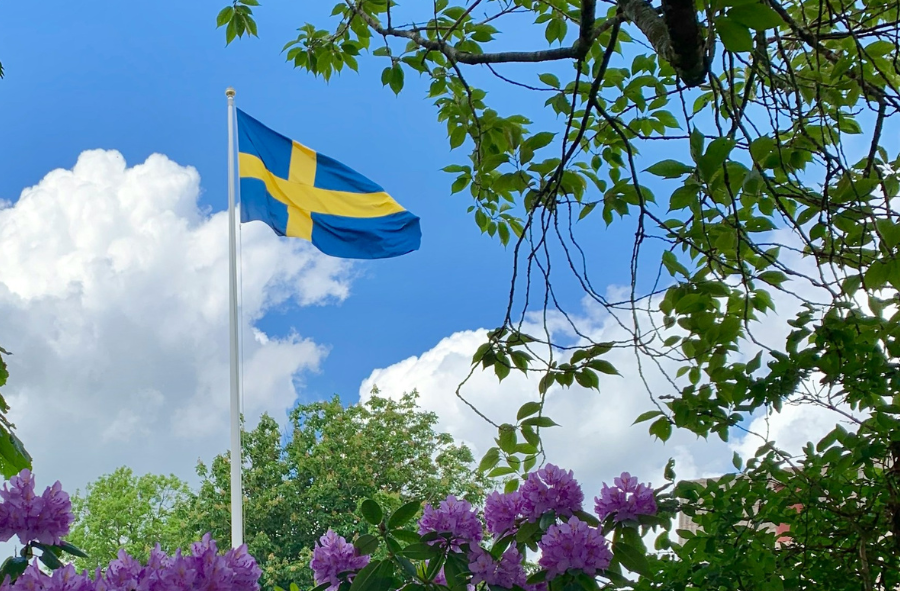
Standing in solidarity with Ukraine
March 2, 2022
Legacy Strategy Summit returns for 2022 with 10% discount for EFA members & readers
March 16, 2022MEPs have voted in favour of a series of legislative recommendations in European Parliament last month, which aim to put nonprofits on an equal footing with their for-profit counterparts.
The recommendations seek to harmonise and strengthen the legal situation of European nonprofits. But the onus now lies with the European Commission to submit a legislative proposal in reaction to Parliament’s requests, or inform MEPs of its decision not to do so.
The vote, which was passed with a large majority, has been hailed as a ‘game-changer’ for nonprofits, which currently face ‘unjustified’ legal and administrative burdens due to the lack of a common EU legal status and discrepancies between existing member states’ rules.
MEPs recognise that the current legislative environment prevents nonprofits from fully benefiting from the EU single market and inhibits their ability to contribute to the democratic process. Alarm was also raised over the increasing obstacles stemming from national laws or administrative practices, which may restrict fundamental rights such as the freedom of expression and association. MEPs believe these pressures could dissuade NPOs from working across EU borders.
The rapporteur Sergey Lagodinsky (Greens/EFA, DE) said:
“Parliament expects a paradigm shift in the EU’s policies towards non-profit associations and foundations. We propose a detailed legislative path towards minimum standards for European civil society on the one hand and an EU-status empowering NGOs to operate across member states on the other hand. The Commission must take our report as a model for future legislation.”
Harmonised rules to empower civil society
To address legal gaps and support a strong pan-European civil society, MEPs demanded that the Commission submit a regulation for creating European associations. This law should include rules on the establishment, transparency and governance of cross-border entities. MEPs too have called for a directive on common minimum standards for nonprofits in the EU, to help European civil society organisations pursue their activities unhindered.
Protecting civil society from discrimination
Given the important role NPOs play in maintaining the health of European democracy, effective policymaking and the rule of law, the report condemns any attempts to restrict Europe’s civic space based on political grounds, activities or funding. NPOs’ public benefit status should not be challenged based on perceived or real political activities, MEPs assert. They are concerned about smear campaigns and abusive litigation against non-profit organisations undertaken in several member states by elected officials and public bodies.
The text also highlights the importance of securing adequate and easily accessible funding for NPOs through transparent and non-discriminatory procedures and the creation of a European public benefit status for non-profits.
The legislative initiative report was approved with 530 votes in favour, 146 votes against and 15 abstentions.
Philea has published a position paper welcoming the vote. View the paper here.
Amid the escalating crisis in Ukraine, a second vote took place in European Parliament on 8 March 2022, on proposed reforms to counter the crackdown on civil society in Europe. Once again, with an overwhelming majority, MEPs adopted proposals to recognise the crucial role of civil society for democracy, calling for a Commission strategy and common rules across all member states. Read more in this blog from our Brussels columnist Patrick Gibbels. See the European Parliament announcement here.
Editorial note: This article was updated on 14 March 2022 to include information about the latter parliamentary vote.




